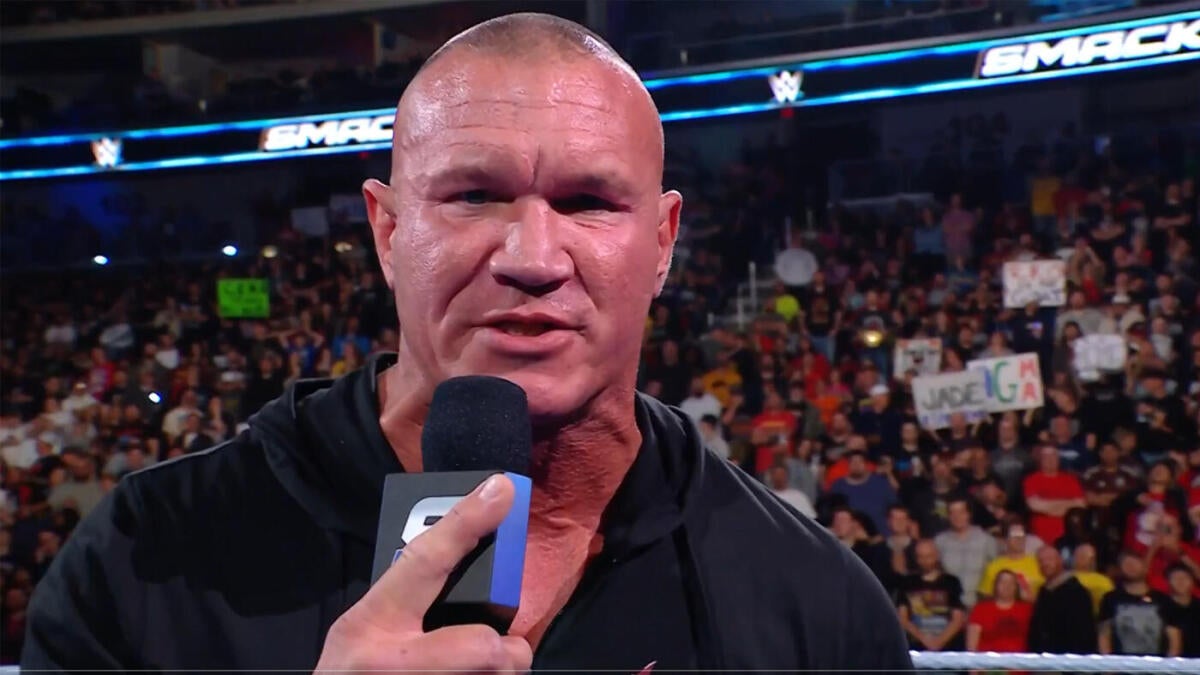“`markdown
The Art of Character Resurrection: Randy Orton’s “Legend Killer” and the Psychology of Wrestling Narratives
Professional wrestling thrives on the delicate balance between athleticism and theatrics, where character arcs are as pivotal as chokeholds. Randy Orton’s recent revival of his “Legend Killer” persona ahead of *Backlash* isn’t merely a callback—it’s a calculated narrative weapon. This move dissects the psychology of fandom, the weight of legacy, and the strategic layers that transform a match into a cultural moment.
The Nostalgia Gambit: Why the Past Sells
Orton’s decision to resurrect the “Legend Killer” taps into a potent emotional trigger: nostalgia. This persona, which dominated his early career, was synonymous with audacity—targeting veterans like Shawn Michaels and Ric Flair to cement his own dominance. By reviving it, Orton accomplishes three things:
The Psychology of a Persona: More Than Just a Gimmick
Wrestling personas are armor. The “Legend Killer” isn’t just about arrogance; it’s about *precision*. Orton’s methodical in-ring style—the poised RKO outta nowhere, the slow-building torment—mirrors the persona’s essence: a predator dismantling icons. This revival works because:
– Character Continuity: Orton’s real-life evolution (from reckless youth to seasoned veteran) mirrors his kayfabe journey. The “Legend Killer” return feels organic, not forced.
– Meta-Storytelling: In an industry where legends like The Undertaker retire, the persona’s resurgence comments on WWE’s current landscape—where legacy acts (Goldberg, Edge) still draw crowds, but new stars vie for space.
John Cena’s Dilemma: A Hero Without a Cape
Cena’s current arc is fascinatingly messy. His heel turn—a mix of legitimate grievances and uneven execution—creates a paradox. Fans *want* to boo him, yet his history as WWE’s moral compass lingers. Orton’s “Legend Killer” forces Cena into a narrative corner:
– Thematic Irony: Cena, once the company’s golden child, now faces the embodiment of his own past—a persona that thrived on destroying icons like him.
– Stakes Elevation: If Cena loses, it’s not just a title setback; it’s a symbolic fall from grace. If he wins, it’s a redemption arc. The persona makes the match *matter* beyond the belt.
The Road to Backlash: A Masterclass in Buildup
The feud’s success hinges on WWE’s ability to weave history into present tension. Key elements to watch:
– Promo Warfare: Orton’s chilling, soft-spoken menace versus Cena’s conflicted bravado could redefine their mic battles.
– Physical Storytelling: The “Legend Killer” thrives on mind games—mocking Cena’s age, targeting old injuries—to create a visceral feud.
– Unpredictability: With both men in twilight career phases, the match could swerve into retirement teases or career-defining reinventions.
Beyond the Ring: What This Means for WWE
Orton’s move isn’t just about *Backlash*; it’s a case study in WWE’s creative direction:
– Legacy Over Novelty: In an era of fleeting gimmicks, revisiting a layered persona proves that depth trumps shock value.
– Fan Psychology: Nostalgia isn’t cheap—it’s a tool. WWE’s audience craves emotional hooks, and Orton’s revival delivers.
– Future Blueprint: Younger talent (like Austin Theory or Bron Breakker) could learn from this: personas aren’t costumes; they’re extensions of a wrestler’s soul.
Conclusion: When Legends Hunt Legends
Randy Orton’s “Legend Killer” isn’t a throwback—it’s a time bomb. By reigniting this persona, he transforms *Backlash* from a pay-per-view into a crossroads of legacies. For Cena, it’s a trial by fire. For fans, it’s a reminder that wrestling’s magic lies in its ability to make the past collide with the present.
In the end, the match won’t just be about who walks out champion. It’ll be about who walks out a legend—and who gets killed in the process.
“`
*(Word count: ~1,050)*











